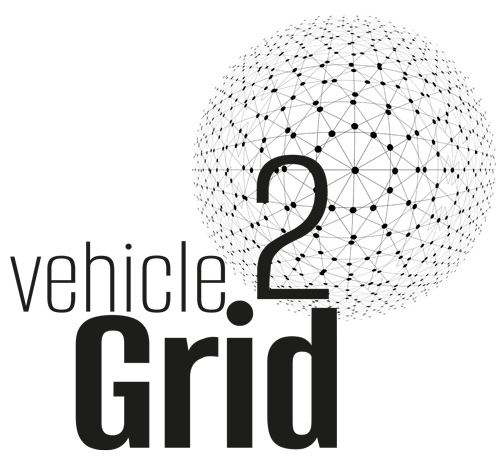Economic and sustainable battery cell production is an indispensable requirement for electric vehicles to become an important part of the energy revolution. That is why the development of efficient recycling processes and novel recycling strategies is part of numerous research projects. The aim is to close the material cycle in battery cell production to the greatest possible extent, thereby reducing costs and significantly improving the CO2 footprint. In this context, the production scrap has also be taken into account, most of which is generated during electrode production. Since the electrode scrap is purely of the electrode type (anode or cathode), direct reprocessing offers a significant advantage. Therefore, the aim of our research is to directly recycle the electrode scrap by means of mechanical processes and not to recycle them in the conventional way together with battery cells, which would contaminate the material. This enables the production of electrodes with the highest possible proportion of recycled material.
The treatment of the electrode scrap is basically carried out via a comminution process (cutting mill) followed by a screening process (screening tower or air jet sieve). In addition, pre- or post-treatment (thermal and mechanical) of the electrodes is carried out before or after the comminution, respectively, in order to facilitate the separation of the coating mass from the current collector. In this study, the process parameters were systematically varied and their influence on the separation of the coating mass as well as on the contamination of the resulting black mass was investigated. In summary, this study demonstrates that black mass of cathodes and anodes with low impurities can be recovered from electrode scrap and thus can be successfully returned to electrode production.

